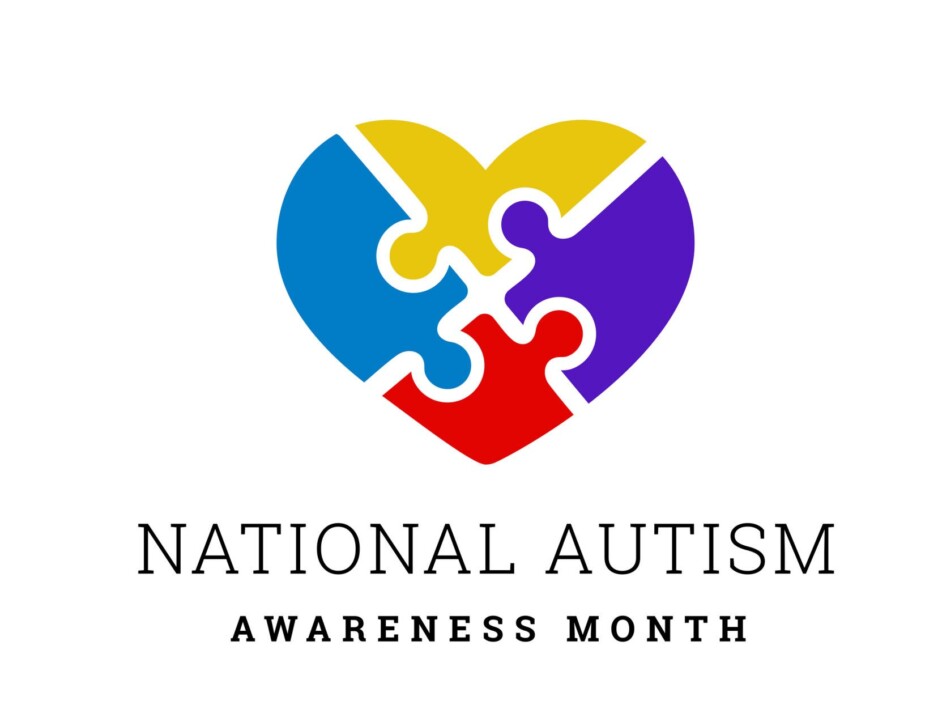Welcome to Autism Awareness Month 2023! This annual event is dedicated to promoting awareness of autism and providing support and advocacy for individuals on the spectrum. Autism is a complex developmental disorder that affects communication, social interaction, and behavior. It’s estimated that 1 in 54 children in the United States are diagnosed with autism, making it a prevalent condition that impacts millions of families worldwide. Throughout this month, we’ll explore various aspects of autism, from recognizing the signs to understanding different therapies and treatments. Join us in spreading knowledge and raising awareness for autism this April. Let’s work together to create a world that is inclusive, accepting, and supportive of all individuals on the spectrum!
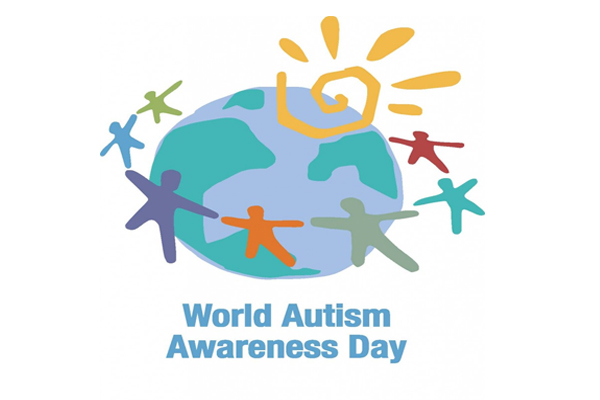
1. Understanding World Autism Awareness Day
The month of April marks the celebration of World Autism Month, beginning with the United Nations-sanctioned World Autism Awareness Day on April 2. Understanding this significant day is important to promote awareness and acceptance towards people with autism. World Autism Awareness Day aims to shed light on the difficulties that individuals with autism and their families face. It serves as an opportunity to educate people about this developmental disability of the brain to increase understanding and support for those living with autism. By acknowledging and spreading awareness about autism, we can work towards creating a more inclusive and accepting world for everyone.

2. The Importance of Spreading Awareness about Autism
One of the most critical factors in improving the lives of individuals with autism spectrum disorder (ASD) is spreading awareness about this condition. It is imperative to educate ourselves and others about the unique challenges faced by individuals with ASD and their families. By increasing awareness about ASD, we can help create a more inclusive and supportive society. This blog section will highlight the importance of spreading awareness about autism and its impact on individuals, families, and society as a whole. In addition, the section will explore the efforts made by organizations and governments to increase awareness, resources available for autism education and support, and measures proposed to support families with autism. Ultimately, by increasing awareness and understanding, we can create a better world for individuals with ASD to reach their fullest potential.
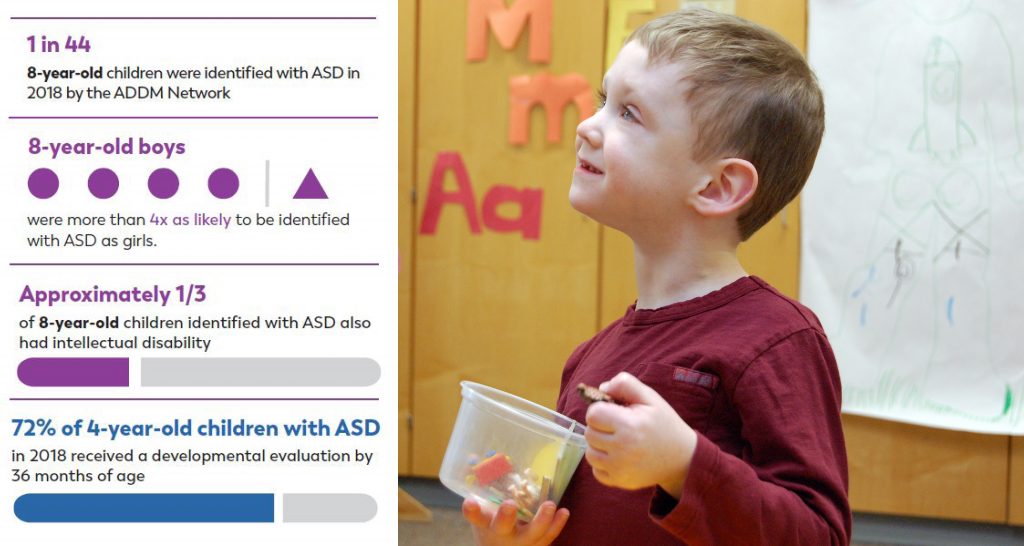
3. Prevalence of Autism Spectrum Disorder in Children
In line with the goal of spreading awareness about autism, it is important to understand the prevalence of autism spectrum disorder in children. As discussed in the previous section, autism spectrum disorders are a group of diverse disorders that affect a child’s social, communication, and play skills. It is currently estimated that one out of every 160 children suffers from autism spectrum disorders globally. This means that there are millions of families around the world who have children with autism, and it highlights the need for proper education, support, and resources to address this growing problem. By raising awareness and understanding the prevalence of autism spectrum disorder, we can create a more inclusive and accepting society for those with autism and their families.
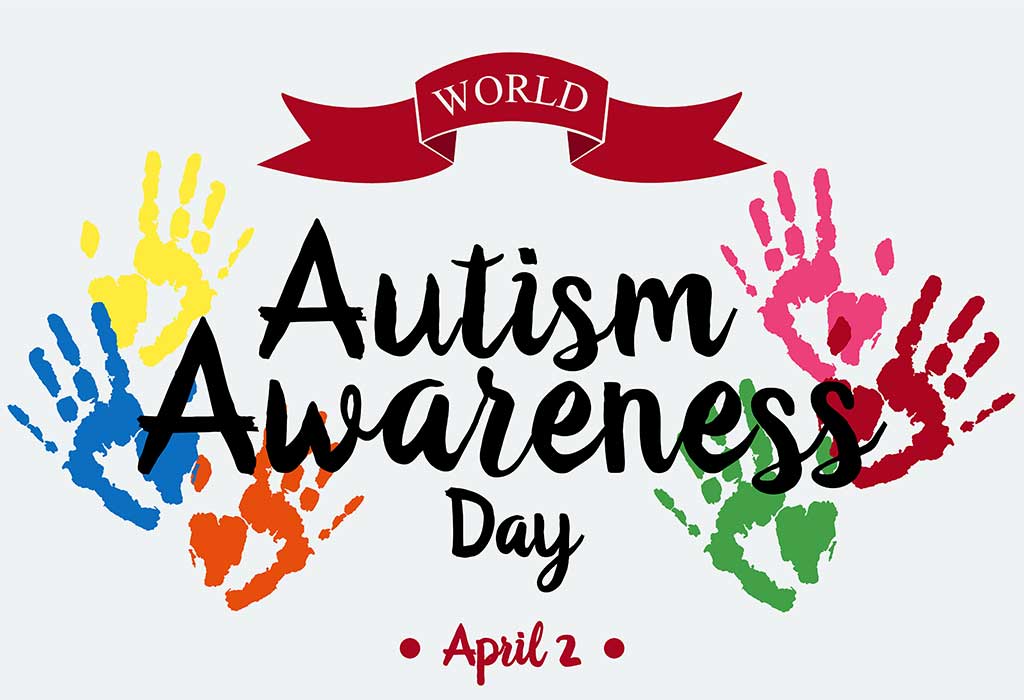
4. United Nations’ Role in Promoting Autism Awareness
The United Nations has played a crucial role in promoting autism awareness across the globe. Through the proclamation of World Autism Awareness Day on April 2nd each year, the UN has brought attention to the needs of individuals with autism and the importance of inclusion and acceptance. The UN has also called for the establishment of comprehensive educational systems and training programs to allow for greater access to educational paths for those with autism. By bringing together the international community to address the needs of individuals with autism and their families, the UN has helped to create a more compassionate and inclusive society. With continued support from the UN, we can work towards a world in which individuals with autism are fully included and valued members of their communities.
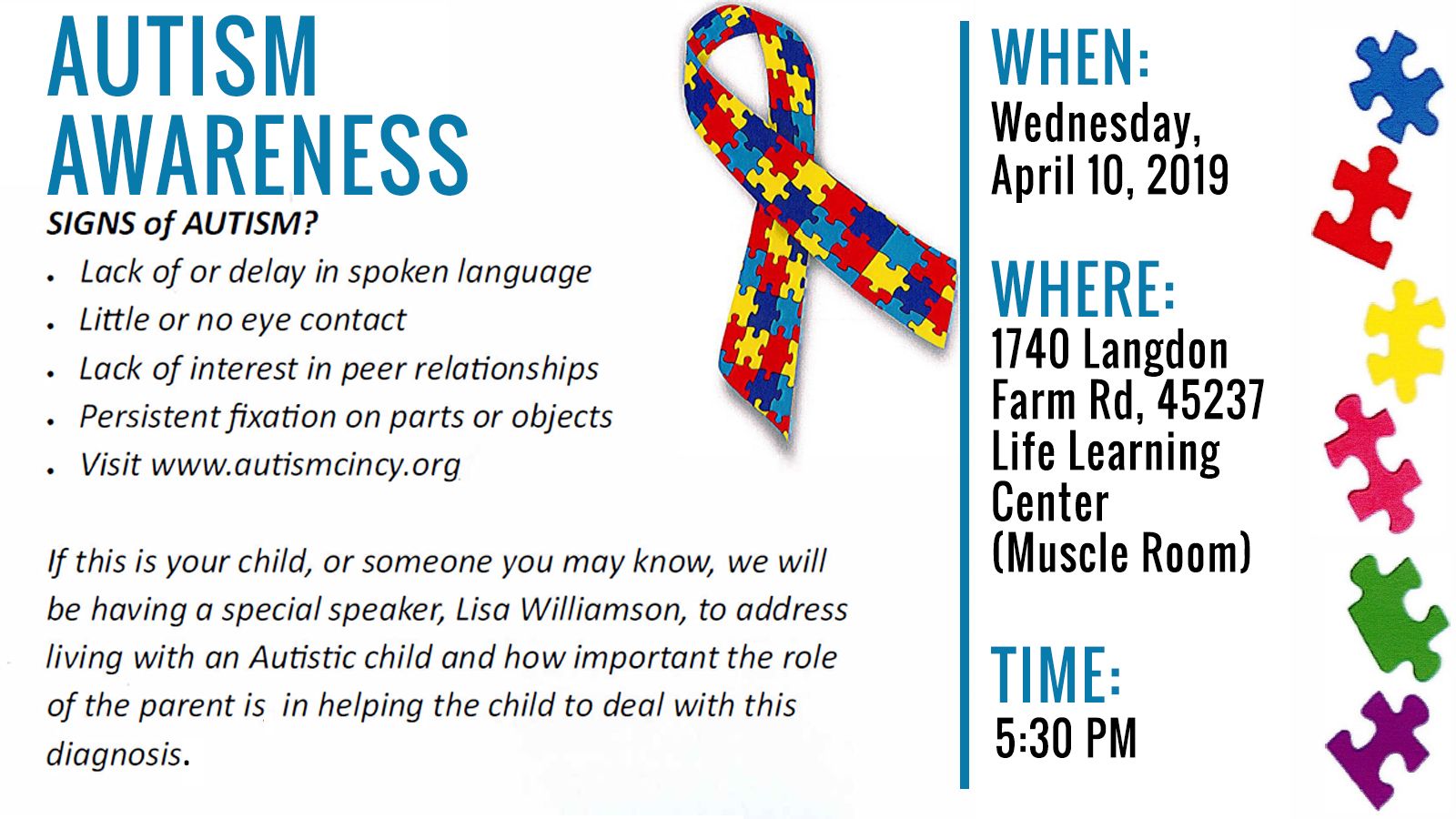
5. Proposed Measures for Supporting Families with Autism
Proposed measures for supporting families with autism are crucial given the challenges that children with autism and their families often face. Such measures must be accompanied by social and community-based services that facilitate inclusion and support. Initiatives such as the National Autism Plan in Qatar and proposals presented by the association for autistic children show that governments and local organizations are working to promote the well-being of these families. Furthermore, raising awareness about autism in different communities through events and education programs can foster understanding and acceptance. Organizations and resources such as the Autism Society and the Centers for Disease Control and Prevention provide information, support, and intervention tools to assist families in finding effective treatment methods that best suit their individual needs. The future looks promising with advances in autism research, including interventions that can improve communication skills and increase behavioral, social, and academic competence in children with autism. Through collaborative efforts, we can continue to improve the lives of families affected by autism.
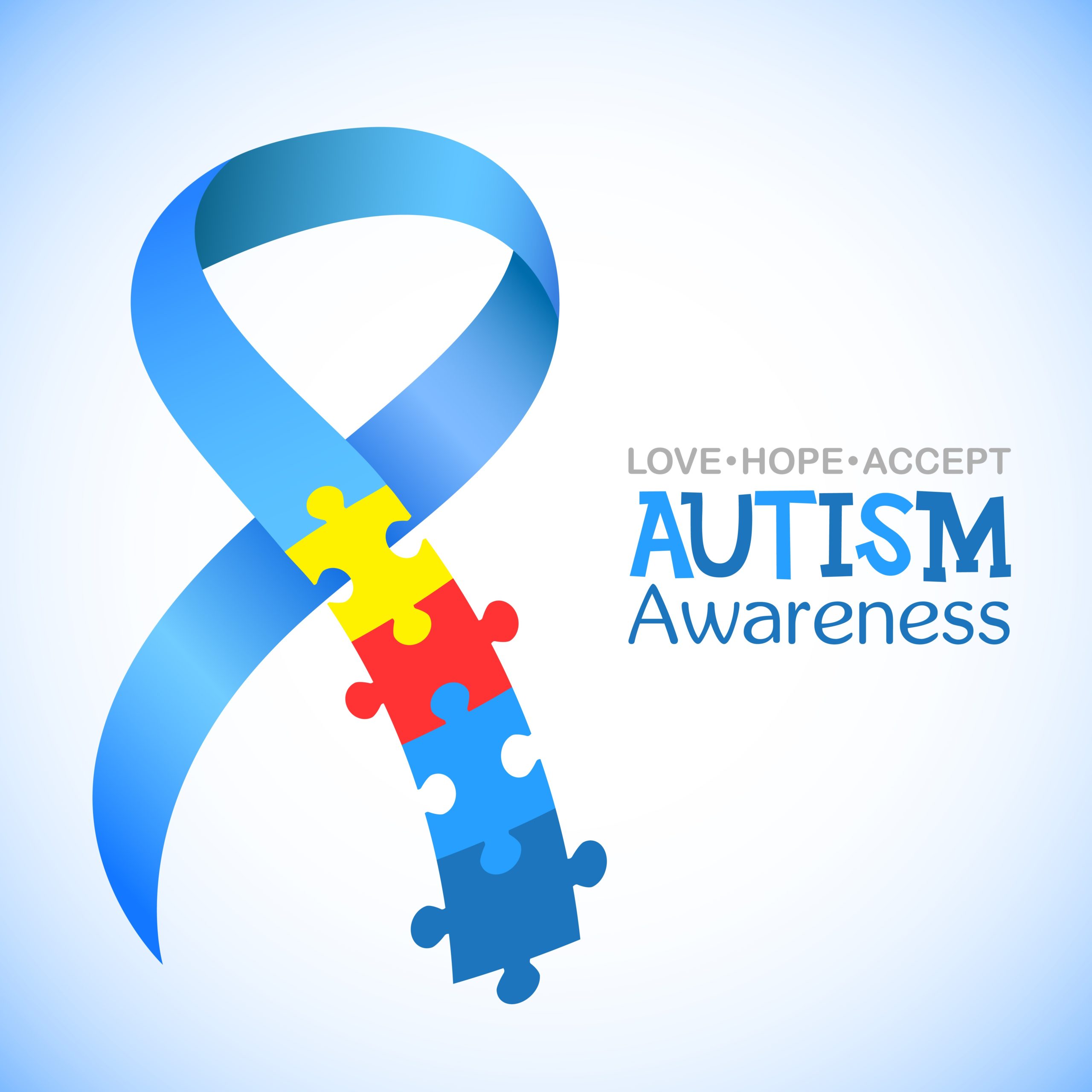
6. Initiatives Taken to Celebrate Autism Awareness Month
To celebrate Autism Awareness Month, various initiatives have been taken to raise awareness about autism spectrum disorder. This includes organizing virtual training programs for families to enhance their knowledge about proper methods of rehabilitation. Additionally, charity sales have been promoted to raise funds for Autism Families Charity, which aims to provide opportunities for growth and development of individuals with autism. The Bahraini Autistic Society organized a ceremony to commemorate the International Autism Spectrum Disorder Awareness Day, which was patronized by the Minister of Social Development. The Ministry of Community Development also contributed to the cause by accompanying the World Autism Day to raise awareness of autism throughout the month of April. These initiatives emphasize the importance of inclusive societies where everyone has an opportunity to thrive irrespective of their abilities.
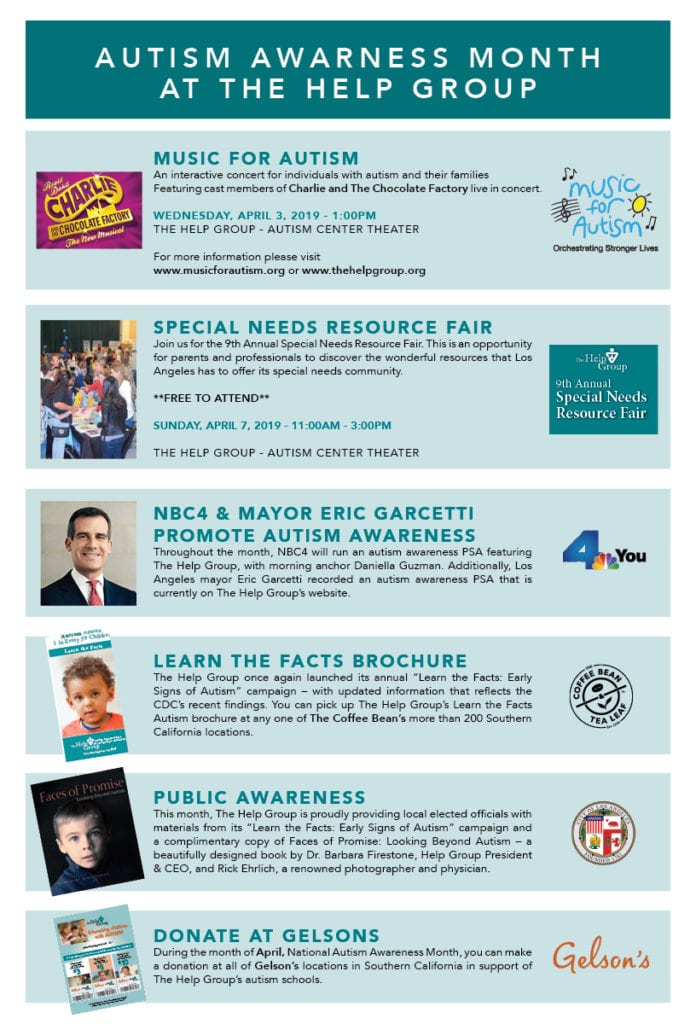
7. Available Resources for Autism Education and Support
In order to spread awareness about autism, it is important to have available resources for education and support. These resources can come in various forms including online classes, therapy sessions, support groups, and educational materials. By offering these resources, individuals with autism and their families can better understand the disorder and learn about ways to manage it. Additionally, these resources can provide critical emotional support to the families and caregivers of individuals with autism. It is important for communities to recognize the need for such resources and work together to make them available to those who need them. By doing so, individuals with autism can receive the care and support they need to reach their full potential.
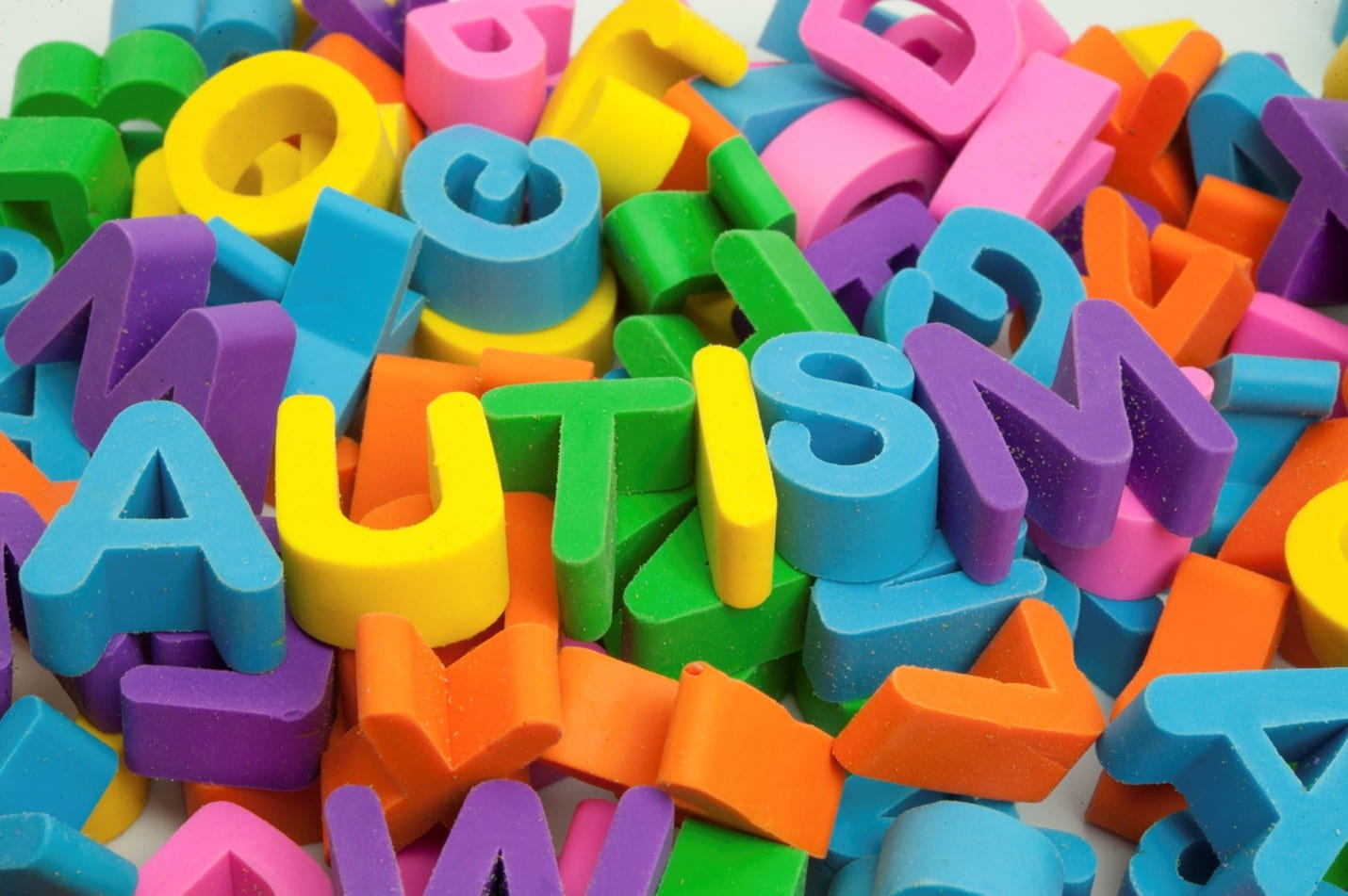
8. Raising Awareness about Autism in Different Communities
Raising awareness about autism in different communities plays a vital role in creating a more inclusive society. Different communities have unique cultural, linguistic, and social backgrounds that can influence the acceptance and understanding of autism spectrum disorder. It is essential to develop strategies that are tailored to the needs of each community, taking into consideration their cultural beliefs, perceptions, and communication styles. This can be achieved through community outreach programs, multicultural training workshops, and involving community leaders and advocates in spreading awareness. By raising awareness about autism in different communities, we can reduce stigmatization and discrimination, promote early diagnosis and intervention, and ensure that individuals with autism have access to appropriate education and support services.

9. Differentiating between Autism and Other Developmental Disorders
In order to better understand autism and the challenges that come with the condition, it’s important to differentiate it from other developmental disorders. As mentioned earlier, autism is a condition that affects social interactions and communication, whereas other developmental disorders such as ADHD or intellectual disabilities may have different symptoms. It’s important to keep in mind that every child is unique and may require a different approach to addressing their individual needs. By working with healthcare professionals and taking advantage of available resources for education and support, families can better navigate the complexities of developmental disorders and provide the best possible care for their children. Raising awareness about these conditions can also help reduce stigma and promote inclusion for individuals with autism and other developmental disorders.

10. Hope for the Future: Advances in Autism Research and Intervention
Hope for the Future: Advances in Autism Research and Intervention are abundant as more and more research is dedicated toward understanding and treating autism spectrum disorder (ASD). Ongoing studies continue to reveal new insights into the genetic and environmental factors contributing to ASD. These new discoveries provide hope for the development of more effective treatments and interventions to help those living with ASD. Researchers are also exploring new technologies and methodologies, such as Virtual Reality and telemedicine, to improve access to intervention services. As a result, there is optimism for the future, where children with ASD can receive early intervention services and have improved quality of life. Public awareness of ASD is at an all-time high, and this along with new research and development will enable children with ASD to flourish and reach their full potential.

